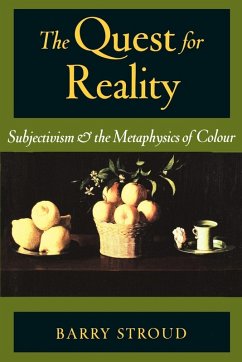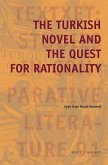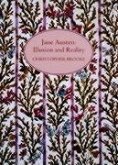We say "the grass is green" or "lemons are yellow" to state what everyone knows. But are the things we see around us really colored, or do they only look that way because of the effects of light rays on our eyes and brains? Is color somehow "unreal" or "subjective" and dependent on our human perceptions and the conditions under which we see things? Distinguished scholar Barry Stroud investigates these and related questions in The Quest for Reality. In this long-awaited book, he examines what a person would have to do and believe in order to reach the conclusion that everyone's perceptions and beliefs about the color of things are "illusions" and do not accurately represent the way things are in the world as it is independently of us. Arguing that no such conclusion could be consistently reached, Stroud finds that the conditions of a successful unmasking of color cannot all be fulfilled. The discussion extends beyond color to present a serious challenge to many other philosophical attempts to discover the way things really are. A model of subtle, elegant, and rigorous philosophical writing, this study will attract a wide audience from all areas of philosophy.
Hinweis: Dieser Artikel kann nur an eine deutsche Lieferadresse ausgeliefert werden.
Hinweis: Dieser Artikel kann nur an eine deutsche Lieferadresse ausgeliefert werden.








